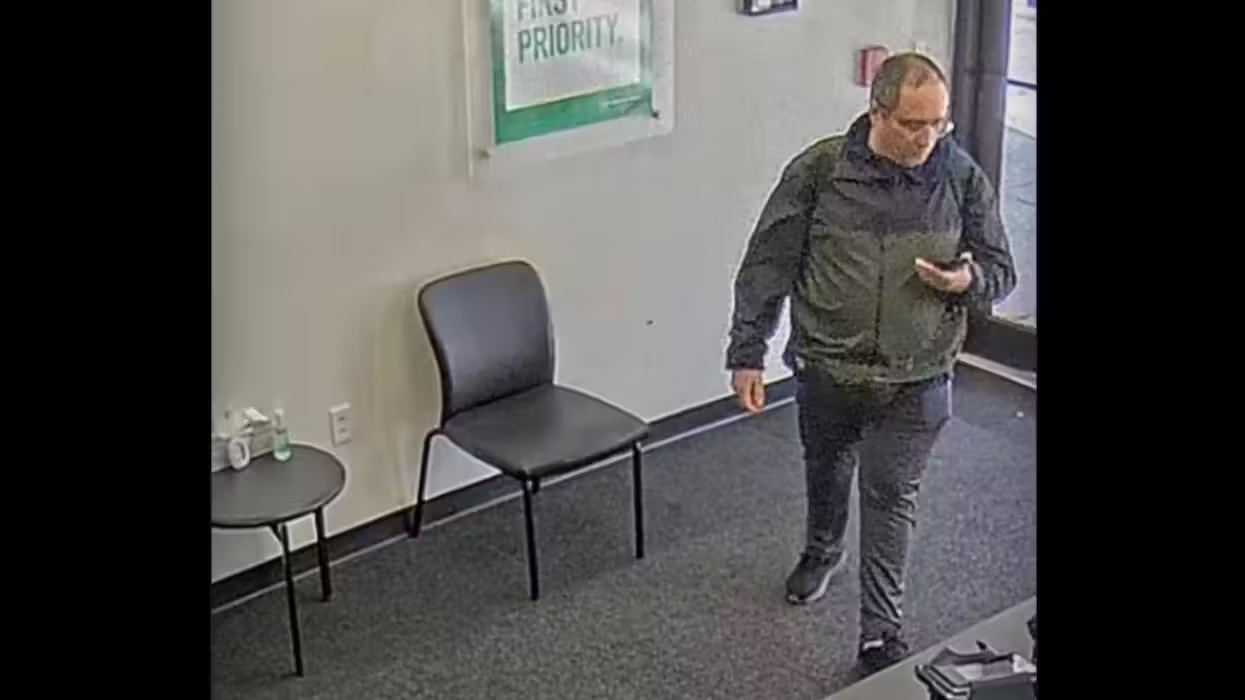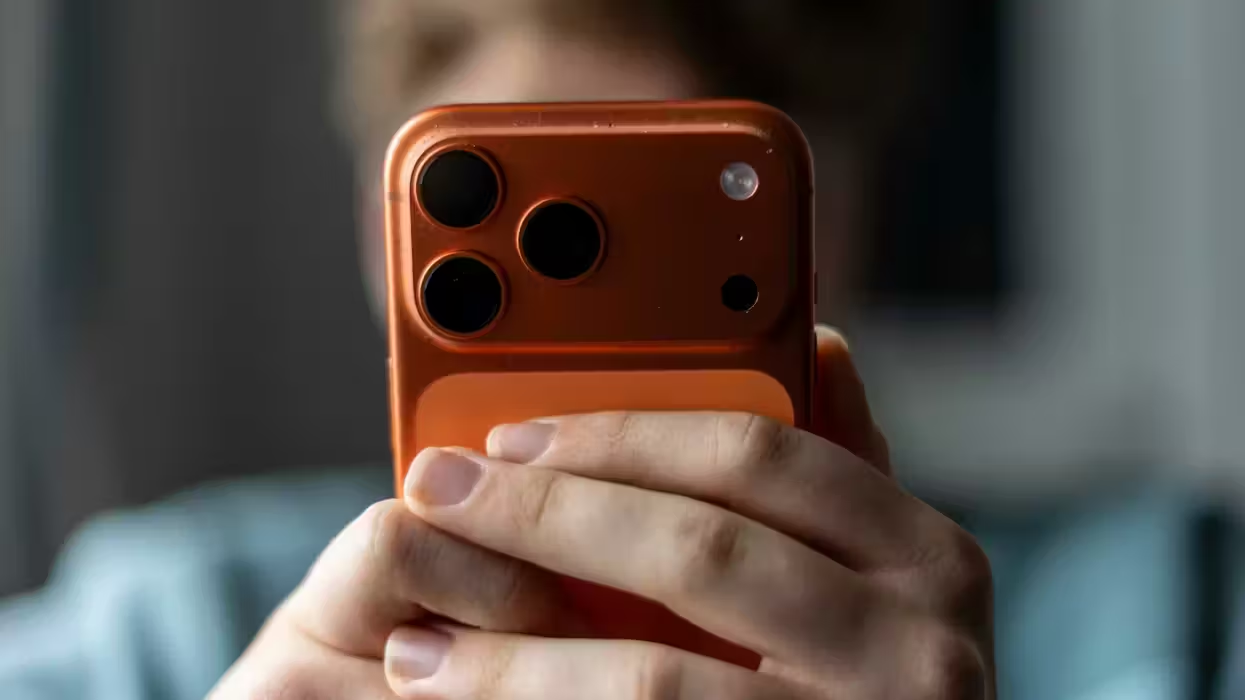 Cortana, a 2-year-old black lab and German shepherd mix, retrieves a ball thrown by her owner, Kelsey Hertel, while playing at the dog park in Hutchinson, Kan., on Monday, Feb. 4, 2013, along with pals Arwen, a 1-year-old miniature schnauzer, and 2-year-old mix breed Kamaria. (Photo: AP)
Cortana, a 2-year-old black lab and German shepherd mix, retrieves a ball thrown by her owner, Kelsey Hertel, while playing at the dog park in Hutchinson, Kan., on Monday, Feb. 4, 2013, along with pals Arwen, a 1-year-old miniature schnauzer, and 2-year-old mix breed Kamaria. (Photo: AP)
British authorities say all dogs in England will have to be fitted with microchips by 2016.
Britain's Environment Department says the chips will help reunite owners with lost or stolen pets, promote animal welfare, take the pressure off animal shelters, and prevent violent dogs from running wild.
"It's ludicrous that in a nation of dog-lovers, thousands of dogs are roaming the streets or stuck in kennels because the owner cannot be tracked down," Environment Secretary Owen Paterson remarked.
Many British pet owners already have veterinarians insert chips under the skin of dogs, cats, rabbits and horses in a bid to keep track of their pets.
The Environment Department says 60 percent of Britain's 8 million domesticated dogs already have microchips, which can be scanned and matched to the owners' details.
DogsTrust, a company that fits microchips for the dogs, says only "authorized persons" have access to the database of canine information.
"Those are local authority staff (usually dog wardens), veterinary practices and animal welfare charities," they elaborate.
According to the BBC, government figures say more than 100,000 dogs are dumped or lost each year, costing taxpayers and charities £57m ($89.2m).
 When the Dorame family got Bolto as a puppy last year, they decided to have a microchip implanted in the dog with an identification number making it easy to reunite lost pets with owners. (Photo: AP)
When the Dorame family got Bolto as a puppy last year, they decided to have a microchip implanted in the dog with an identification number making it easy to reunite lost pets with owners. (Photo: AP)
It currently costs between $30 and $50 to get your dog "microchipped," but owners who refuse will face fines of up to £500 ($783) in 2016.
"If a dog commits a dangerous act and is then caught, its owner will be traced," Paterson explained. "If it is not [got] a chip, the owner, after 2016, will be in trouble."
Dog violence, he added, is not an "insignificant problem." Apparently, eight children and six adults have been killed since 2005, and 3,000 postal workers are attacked each year.
Microchips will still be optional for horses and cats, however.
Some are pushing back against the plan, but primarily because they say it's ineffective.
"People don't know how to update their records," Beverley Cuddy of Dogs Today magazine said. "The chip is invisible - once it's in there people forget it's there. "
But the plan is going through.
"Microchipping is a simple solution that gives peace of mind to owners," Paterson concluded. "It makes it easier to get their pet back if it strays and easier to trace if it's stolen."
The Associated Press contributed to this report.
--
Related:

 Cortana, a 2-year-old black lab and German shepherd mix, retrieves a ball thrown by her owner, Kelsey Hertel, while playing at the dog park in Hutchinson, Kan., on Monday, Feb. 4, 2013, along with pals Arwen, a 1-year-old miniature schnauzer, and 2-year-old mix breed Kamaria. (Photo: AP)
Cortana, a 2-year-old black lab and German shepherd mix, retrieves a ball thrown by her owner, Kelsey Hertel, while playing at the dog park in Hutchinson, Kan., on Monday, Feb. 4, 2013, along with pals Arwen, a 1-year-old miniature schnauzer, and 2-year-old mix breed Kamaria. (Photo: AP)






